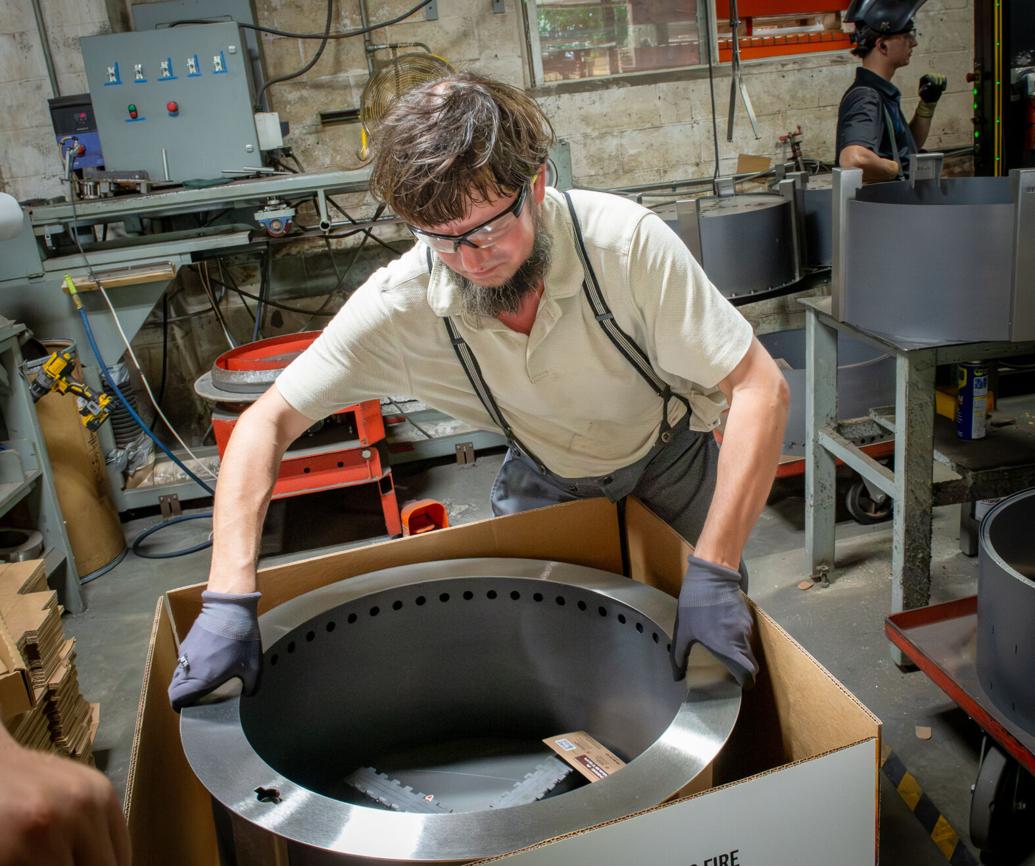The state Supreme Court on July 17 said a potential class-action lawsuit can move forward about whether the University of Florida should be required to refund money to students for services that were not provided during a COVID-19 campus shutdown in 2020.
Justices, in a 5-2 decision, overturned a decision by the 1st District Court of Appeal that rejected the lawsuit, which involves fees that students paid for services such as transportation, health care and athletics.
A panel of the appeals court in 2022 said an Alachua County circuit judge should have dismissed the lawsuit because of sovereign immunity, which generally protects government agencies from liability.
But sovereign immunity does not apply in breach-of-contract lawsuits, and the Supreme Court said the appeals court did not properly consider “permissible implied covenants” in agreements between the university and students. It also said the appeals-court ruling would have imposed a requirement for “extraordinary specificity in government contracts.”
“Indeed, (the appeals court ruling’s) reasoning suggests that government contracts are held to a standard that does not apply to any other contracts — not only because all implied covenants are negated, but also because a requirement is imposed for extraordinary specificity in contract terms,” the opinion shared by Chief Justice Carlos Muniz and Justices Charles Canady, Jorge Labarga, John Couriel and Renatha Francis said. “According to the First District, without a heightened level of specificity in its terms, a written contract is not ‘sufficient to overcome sovereign immunity.’ Nothing in our case law supports this view.”
The opinion did not determine whether the named plaintiff in the case, Anthony Rojas, and other people who were students at the time of the UF campus shutdown should receive refunds. It also didn’t foreclose the possibility that sovereign immunity could apply in the case but said that issue is “subject to further litigation.” --->READ MORE HERE
 |
| BLAINE SHAHAN | Staff Photographer |
Two historic events that challenged the viability of many businesses have vaulted an Amish-powered Lancaster County manufacturer into contention for the title of market leader, and has it moving on expansion plans.
Homeowners boosting their lockdown experiences during the COVID-19 pandemic sent sales at Salisbury Township-based smokeless fire pit maker Breeo soaring. Management stumbles by its main competitor, publicly held Solo Stove, and now the Trump administration’s move to tariff imports from China — where Solo makes its products — have opened the door further to dominance by primarily American-made Breeo.
Early this year, privately held Breeo spent $450,000 for about two and a half acres right next to its current two-story headquarters and manufacturing facility at 5002 Lincoln Highway, nearly doubling the size of its footprint.
Work on the expansion could begin as soon as spring 2026, with the general idea — specific details to come — of developing a showroom and office space at 5002 Lincoln Highway and then building new production and warehouse space behind it, creating a complex with about 80,000 square feet of space in all. The expectation is to add at least 10 new jobs due to the expansion.
The two-story building that now houses the company would be torn down and replaced with the new facility.
It’s been an eventful several years since 2017, when Lancaster County native Amos Stoltzfus, who designed a prototype for what became Breeo’s smokeless fire pit, and a partner, Canadian Jonathan Miller, bought the company and moved it here. The two met at a trade show in 2014. --->READ MORE HEREFollow links below to relevant/related stories and resources:
A rug, a memory, a Nation: Navajo & Hopi Families COVID-19 Relief Fund honors Irish friendship
Cancer: COVID-19 Boosters Prevent Hospitalizations
USA TODAY: Coronavirus Updates
WSJ: Coronavirus Live Updates
YAHOO NEWS: Coronavirus Live Updates
NEW YORK POST: Coronavirus The Latest
If you like what you see, please "Like" and/or Follow us on FACEBOOK here, GETTR here, and TWITTER here.


No comments:
Post a Comment